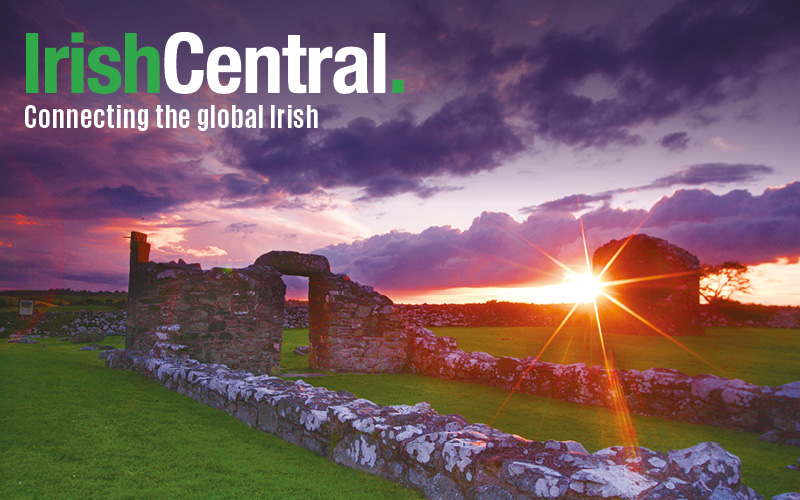"Game of Thrones" is famously filmed in Belfast. If you watch the hugely successful HBO show you will know it's about nine family factions who battle it out each week for control of the entire mythical realm of Westeros.
It turns out that in Westeros, as some might argue in Ireland, the most threats to civilization and political stability always seem to come from the north.
The so-called Wildlings who live beyond the border Wall are the most feared tribe in all existence. It’s a droll irony that for many that metaphor carries through into Irish reality too.
Any visitor to Ireland who picks up the Dublin papers this week might conclude that Sinn Fein are a party of bear skin wearing Wildlings gearing up to ransack the Republic.
They might also conclude that hammering Sinn Fein in the papers of record – and not the Gaelic games – is Ireland’s true national sport.
The campaign against Sinn Fein in the Irish press has been relentless and unprecedented. Worse, it has been politically self-defeating, since it actually bolsters Sinn Fein’s stature, the exact result the party's critics diligently work against.
But the Irish journalists who indulge in this daily demolition derby apparently cannot help themselves, and in an ironic twist that ought to be remarked on more often, the hysterical media criticism has been cross-border.
Sinn Fein has clearly concentrated the minds of its political opponents in both Belfast and Dublin. In this sense they have already united Ireland.
There is, of course, plenty to criticize, but that's my point here. I would like to ask where all this white-hot interrogative passion goes when it’s time to examine the complacent state of politics in the Republic as it currently stands?
Can we remember for a moment that Ireland's economy almost collapsed from the lunatic excesses of our financial sector, but bankers convicted of making illegal loans avoided prison?
Can we recall too that the Central Statistics Office in Dublin has estimated that 27,700 Irish nationals left the country from April 2009- 2010, in the largest Irish emigration since the very bad old days of 1989?
Where is the appetite for some engaged reflection on what that meant and still means? Sinn Fein aren't responsible for any of it, so perhaps our outraged media commentators could take a good and productive look at what we did to ourselves?
The argument that we can't leave our economy or the run of the nation to these revolutionary leftist upstarts doesn't hold quite as much water as it could if we can't bare to look at the shattering damage our own political parties did to the country and its economy.
We certainly can't make the case that Sinn Fein are some kind of threat to our national sovereignty if we said little or nothing as the European Central Bank compelled the Irish state to take on the massive and punishing liabilities of Anglo-Irish and other banks during the financial crisis.
Our own leaders blinked as the ECB protected European bondholders from their fate and instead stuck Irish taxpayers with the bill for the decade long party, even though those creditors were fully complicit in Ireland’s credit bubble.
So by focusing relentlessly on a so-called threat from without, the country's media watchdogs are tacitly suggesting there have been no real threats from within, which the record simply doesn't support.
Increasingly however, the outrageous idea that these Wildlings from the north (and their co-conspirers in the south) will be helping to set the agenda for the Republic is driving senior commentators nearly out of their minds.
The barbarians aren’t just at the gate, they’re about to take up to possibly 30 or 40 seats in the Irish Parliament as the old left wing Labor Party spectacularly combusts and these new model leftists take their place, we're warned.
Instead of ringing the city's bells and hyperventilating, it would behoove our commentators to reconcile themselves to the landscape of fact, not fiction.
Indulging in the dark arts of political demagoguery may damage Sinn Fein's chances in the next national election, but our political leaders – north and south – look increasingly like they are willing to risk the peace and security of all our tomorrows for the momentary gains today. Irish commentators could reflect and write about that too, and they ought to start immediately.




Comments